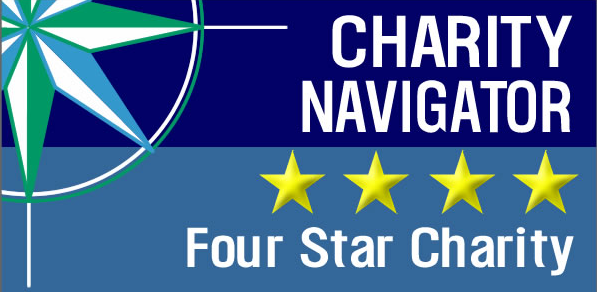Don't Let Roundups Go Hidden From the Public Eye
Wild Horse Nation,
On Monday, just two members of the public were there to see what happened to the first 49 wild horses captured in Wyoming. One was a Humane Witness for Return to Freedom there to ensure that those terrified wild horses were not enduring their devastation without someone to document what was happening to them and to let you see what our tax dollars are used for on our shared public lands.
It costs RTF $300 per day, including food, travel, lodging and fuel to remote trap sites, to keep someone out there. RTF will not be able to continue this vital work without your help. Your kind and generous attention to the daily struggles of wild horses has helped reduce their suffering and provides documentation to bring to our legislators.
We can only be there and make these changes with your help!
But the cruelty continues on the range and in the rhetoric of wild horse opponents. Now, as America’s wild horses and burros face their greatest threat in decades, with some lawmakers, moneyed interests and BLM pressing for policy changes which would allow the agency to kill healthy, unadopted animals, RTF believes that roundup images are critical to keeping pressure on Congress. Our photographs and videos from the past year also show clearly that most wild horses are not starving – a fabrication that some are trying to sell to our representatives. Yesterday, our photographer showed photos of the very healthy and robust wild horses in Wyoming… now captured…freedom and families lost forever, all at great expense to the taxpayer and to the horses that have lost everything.
RTF is spread thin with 500 horses at our sanctuaries and our efforts on Capitol Hill to redirect funds from captures to managing the herds on their ranges. In order to stop the mass killing of tens of thousands of wild horses and burros laid out in the President’s 2018 budget proposal, we hired an experienced lobbyist who is helping us fight day by day, committee by committee. That's possible because you recognize that caring about one wild horse means that you care about them all.
Earlier this year, we assumed responsibility for the 120-member Gila herd, many of which likely would have been trucked to be sold at auction for slaughter if not for RTF and its untiring donors stepping up to provide a safe reprieve on leased pastures in Northern California. That brought the number in our care to more than 500 wild horses and 43 burros, each life significant.
We just cannot do this without you. Your help continues to make a difference for wild horse conservation, through sanctuary, educational programs and participating in selective litigation. None of this can be done cheaply. If everyone gives a little or a lot -- together -- it ensures that the trials of America's wild horses don't go unseen, unnoticed or unchanged.
Will you help us raise $6,300 by Friday, Oct. 6, to keep our humane witness on the ground in Wyoming? If we are absent over the next six weeks, 1,500 wild horses will suffer unseen risks and BLM will be held less accountable.
If you believe, as we do, that wild horses should not be torn from the range without the public being fully informed – or lawmakers being made to see the consequences of their actions – donate today.
Thank you for your support,
Neda DeMayo and the RTF team
P.S.: If you cannot make a donation but would be willing to volunteer as a Humane Witness to provide photographic and video documentation for RTF, please let us know! Contact: outreach@returntofreedom.org. | 





 Juvenile pilot whale in season’s first drive. The Cove, Taiji, Japan.
Juvenile pilot whale in season’s first drive. The Cove, Taiji, Japan. Risso’s dolphin guided to slaughter. Taiji, Japan.
Risso’s dolphin guided to slaughter. Taiji, Japan.










